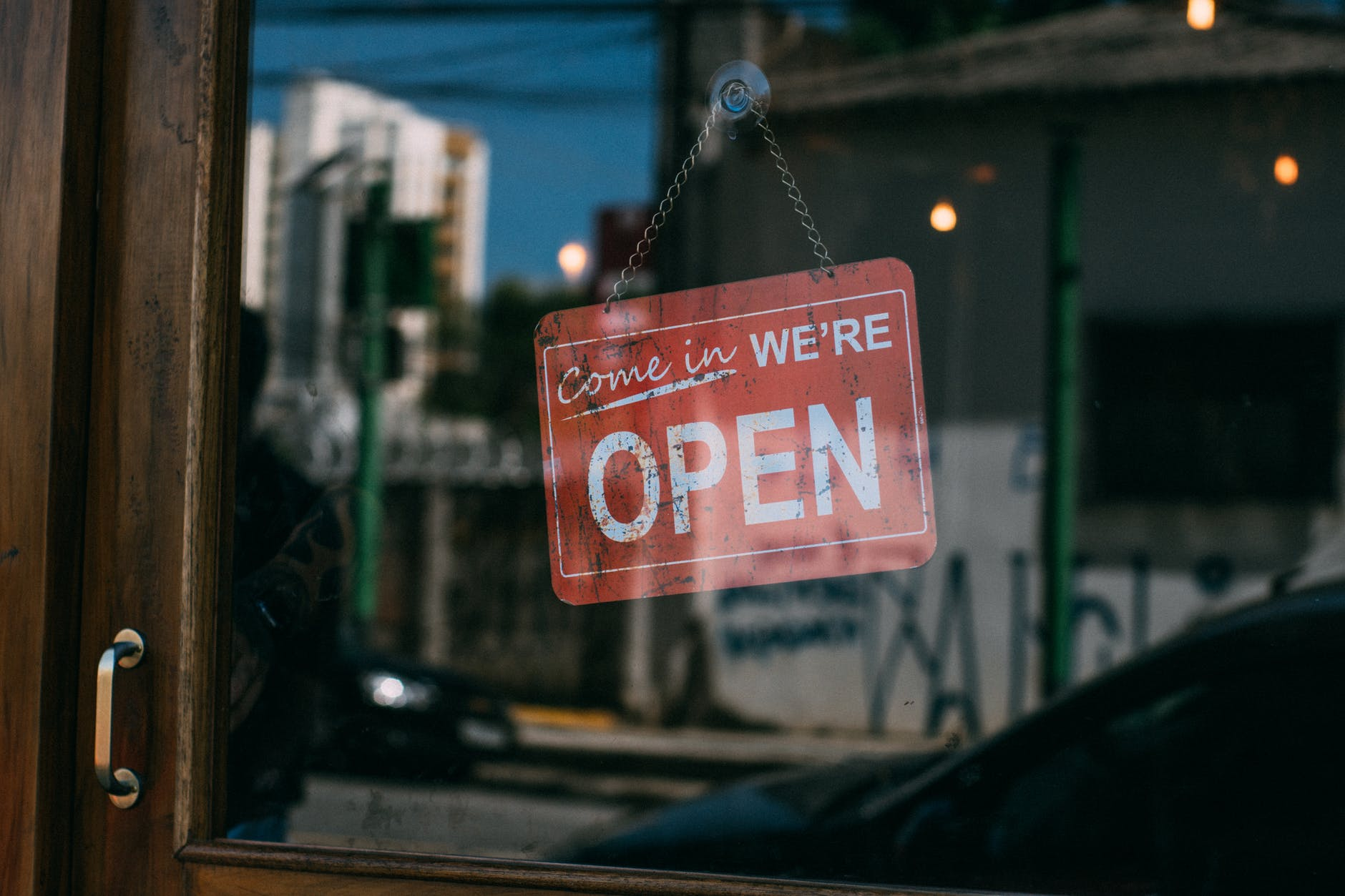Ever since I was a kid, I knew I wanted to be like my mom. She was my role model, my superwoman. I loved listening to her practice her talks on new eating disorders research for the conference she was about to attend or discuss what she was teaching in class that week in Psychology 101. As a clinical psychologist, she would constantly engage my three brothers and me in discussions on mental health and illness. We would talk about our family history of mental illness, community history, cultural history, and the general stigma that continues to suffocate those who experience mental illness. It was a part of my weekly, if not daily, life.
As I got older, I realized that my upbringing was not like most. Specifically, that my understanding of mental health and the amount of exposure I had had to the conversation was unique. Most people do not talk about mental health, and even fewer talk about mental illness. Furthermore, not that many know what the difference between the two are, or even what they mean on their own.
Mental Health, according to the World Health Organization, is defined as “a state of well-being in which every individual realizes his or her own potential, can cope with normal stresses of life, can work productively and fruitfully, and is able to make a contribution to her or his community.” In other words, when an individual is mentally healthy, he/she contributes actively and productively to their community.
Mental illness, however, can be defined similarly to that of having physical illness. Some symptoms of being mentally ill are short term, like a cold or moderate anxiety when starting at a new school. Others are long term and chronic, like cancer, major depressive disorder, diabetes, or anorexia. According to the National Institute of Health, any mental illness is “defined as a mental, behavioral, or emotional disorder;” and a serious mental illness is defined as “a mental, behavioral, or emotional disorder resulting in serious functional impairment, which substantially interferes with or limits one or more major life activities.”
We utilize our mental health every day. We problem solve to keep ourselves from feeling overwhelmed, just like we take Claritin to prevent daily allergies. We listen to music to keep us productive, just like we play sports in order to keep working out interesting and fun. We give ourselves space when we need to, just like we keep weight off a twisted ankle. Mental health is a daily exercise that people don’t pay enough mind to. Opening up the conversation the same way we talk about physical health and illness would help everyone, not only to destigmatize the conversation, but to also learn from each other so that we can all be the healthiest we can be. As my mom always says, there is no health without mental health.



